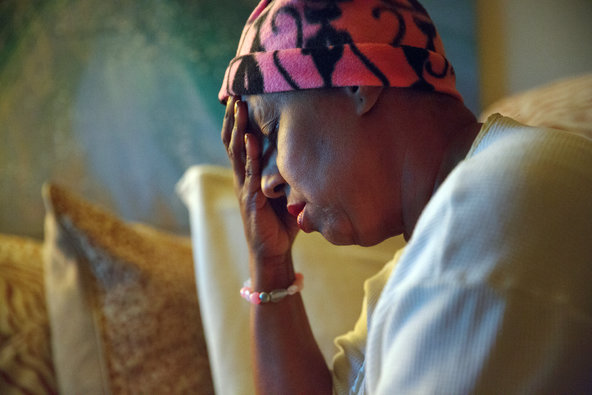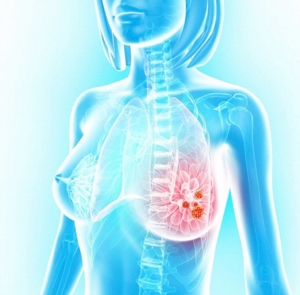Here are 25 easy resolutions that could keep you fighting fit
Making major lifestyle changes your New Year’s resolutions is all well and good – if you manage to stick to them. But surveys suggest that most resolutions have bitten the dust by February, with one poll from Cancer Research UK revealing four in ten of us ditch our resolutions within two weeks.
It might be better to think small, as tiny modifications are easier to achieve. And if a healthy action becomes habit, it could last a lifetime. Here are 25 easy resolutions that could keep you fighting fit for years to come…
Put your toothbrush in the dishwasher

You can rinse your brush head every few days under boiling water or in the dishwasher
Toothbrushes can be a breeding ground for bacteria. Scientists at Manchester University found that the average toothbrush contains ten million germs, including a high percentage of potentially dangerous bacteria such as E. coli.
To help kill these bugs, Dr Ron Cutler, a microbiologist at Queen Mary University of London, recommends rinsing the brush every few days under boiling water. Or you could make a habit of putting the family toothbrushes in the dishwasher (top rack) every week. Continue reading →
 Scientists believe the gases in our body can reveal a range of diseases such as colon cancer and irritable bowel syndrome.
Scientists believe the gases in our body can reveal a range of diseases such as colon cancer and irritable bowel syndrome.






 A new test can predict the survival chances of women with breast cancer by analysing images of ‘hotspots’ where the immune system is attacking the tumour.
A new test can predict the survival chances of women with breast cancer by analysing images of ‘hotspots’ where the immune system is attacking the tumour. The benefits of taking statins have been exaggerated, two leading experts claim.
The benefits of taking statins have been exaggerated, two leading experts claim. Adults and children must cut amount of sugar they consume every day in fizzy drinks and sweet foods to lower their risk of obesity and tooth decay, the World Health Organization said.
Adults and children must cut amount of sugar they consume every day in fizzy drinks and sweet foods to lower their risk of obesity and tooth decay, the World Health Organization said. A new study published October 22 (2014) reinforces once again that olive oil is one of the best oils for cooking compared to other seed oils. Researchers based their conclusion on a few different factors, including nutritional content and the oil’s ability to maintain quality under high temperatures.
A new study published October 22 (2014) reinforces once again that olive oil is one of the best oils for cooking compared to other seed oils. Researchers based their conclusion on a few different factors, including nutritional content and the oil’s ability to maintain quality under high temperatures. A handful of almonds a day could be the key to a longer and shapelier life.
A handful of almonds a day could be the key to a longer and shapelier life. Decaffeinated drinks have been touted as a healthy alternative for several decades at the behest of the chemical industry, but these drinks are often more dangerous than the unmodified versions.
Decaffeinated drinks have been touted as a healthy alternative for several decades at the behest of the chemical industry, but these drinks are often more dangerous than the unmodified versions. Unbeknownst to most, a Copernican revolution has already taken place in cancer theory. Today, the weight of evidence indicates that plants and not chemicals are the solution for reversing the global cancer epidemic.
Unbeknownst to most, a Copernican revolution has already taken place in cancer theory. Today, the weight of evidence indicates that plants and not chemicals are the solution for reversing the global cancer epidemic.